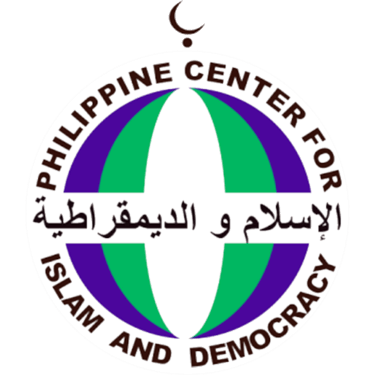NewsSWS – PCID Public Presentation “April 2018: Post – Conflict Expectations in Marawi City, Lanao Del Sur, and Maguindanao” , at Conference Room, Quezon City | July 18, 2018




April 2018 Post-Conflict Expectations Survey_July 18_1212 PM V2
SWS: 8 out of 10 Marawi residents feel worse now than pre-Marawi siege
“ forty percent remains hopeful that things will change soon”
A survey of post-Marawi siege expectations by the Social Weather Stations (SWS) today revealed that 80% or 8 out of 10 Marawi residents say their situation are worse now than before President Rodrigo Roa Duterte ordered a military strike against the terrorist group led by the Maute brothers. More affected residents, however, trust government’s rebuilding efforts and 4 out of 10 believe things will improve soon.
The think tank Philippine Center for Islam and Democracy (PCID) urges government to use the SWS survey in crafting strategies in addressing the root causes of conflict in these areas. PCID president Amina Rasul says this survey poses a challenge to government to further improve its rehabilitation plans to involve affected Muslim Filipinos in the process.
The survey conducted last April 12-15, 2018 was in collaboration with the Philippine Center for Islam and Democracy (PCID). The project aims to determine expectations of affected individuals in Lanao del Sur, Maguindanao and Marawi City most of whom are living as bakwits or internally displaced persons (IDPs).
A year ago, residents of Marawi and nearby areas got the shock of their lives when government troops engaged ISIS-inspired terrorist groups within city limits. Six months of intense fighting saw the levelling of infrastructures, displacement of about 250,000 individuals and property damages estimated to have reached 20 billion pesos.
In November 2017, President Duterte declared Marawi “liberated” from terrorists’ hands. Rebuilding efforts are now underway to stabilize the situation of Marawi residents who were severely affected by the 6-month war.
Dr. Steven Rood, who led the SWS team in its field survey, says that most respondents had very high trust ratings with the government, particularly members of the Department of Social Welfare and Development (DSWD), the Armed Forces of the Philippines (AFP) and local government units. Higher trusts are expressed with religious leaders like imams and alims who also serve as local leaders in the affected areas.
Most respondents expressed the belief that Duterte is concerned with their situation. Eighty three percent (83%) of Maguindanaoans believe Duterte is pretty much concerned with improving their current conditions while Marawi residents and those internally displaced persons are split in their perception of Duterte.
Seventy eight percent (78%) of Marawi residents appreciate government’s relief efforts. Eighty six percent (86%) of Marawi city residents expressed hope that Marawi would recover. A bigger portion of respondents from Maguindanao (92%) expressed hope of recovery and are satisfied with the pace of government re-building efforts.
Amina Rasul, president of the Philippine Center for Islam and Democracy (PCID), says that more Muslims are hopeful than before that things would change for the better soon. The survey also shows that 9 out of 10 Marawi affected residents believe they should be consulted in plans for the rehabilitation of Marawi and nearby towns in Maguindanao and Lanao del Sur.
An expert in regional security, Rasul says that the survey is a good tool for policy makers in government to create innovative strategies to avoid a recurrence of the Marawi siege. Rasul urges the Duterte administration to further increase interventions being made by the Department of Social Welfare and Development (DSWD) as these are having a big effect in improving lives.
